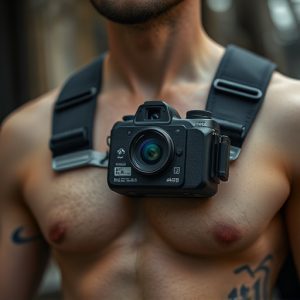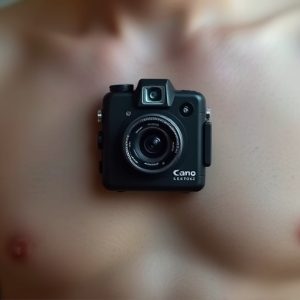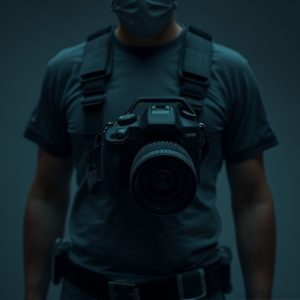Hidden Personal Body Cameras: Unveiling Benefits, Ethics, and Legalities
Hidden personal body cameras offer hands-free video documentation, providing high-quality footage in…….
Hidden personal body cameras offer hands-free video documentation, providing high-quality footage in diverse conditions, from public safety to travel memories. Popular among law enforcement and civilians alike, they raise ethical concerns regarding privacy and surveillance, with varying legal admissibility globally. The technology balances security benefits against the need for transparency and protection of citizen rights.
“Discover the intriguing world of hidden personal body cameras—a revolutionary tool that has transformed personal safety and surveillance. In this comprehensive guide, we explore what these compact devices offer and how they work. From enhancing personal security to their diverse applications in various industries, we weigh the benefits against ethical concerns. Uncover the legal implications and navigate the delicate balance between privacy and protection when considering the use of hidden body cameras.”
Understanding Hidden Personal Body Cameras: A Comprehensive Overview
Hidden personal body cameras, also known as wearable surveillance devices, are a modern innovation in the field of personal safety and security. These compact, discreet cameras are designed to be worn on the body, offering users a hands-free way to capture video evidence or document their surroundings. The concept behind these cameras is simple yet powerful: providing individuals with an extra layer of protection and peace of mind in various situations.
These devices come in different forms, from small, clip-on cameras attached to clothing to more sophisticated models integrated into accessories like watches or sunglasses. They are equipped with advanced features such as HD video recording, night vision capabilities, and motion sensors, ensuring users can capture high-quality footage in diverse conditions. The ability to record secretly makes them especially valuable for personal security, allowing individuals to document potential threats or incidents discreetly. Moreover, hidden body cameras have gained popularity among professionals, including law enforcement officers, security guards, and even everyday citizens concerned about their safety in public spaces.
Benefits and Applications of Using a Hidden Body Camera
A hidden personal body camera offers numerous advantages for individuals seeking to capture and document their experiences discreetly. These small, versatile devices allow users to record high-quality video and audio, providing a tangible record of events that can be invaluable in various situations. Whether for personal security, evidence gathering, or simply capturing memorable moments, the hidden nature of these cameras offers a unique level of discretion.
The applications are diverse: from tourists wishing to document their travels without drawing attention, to individuals concerned about their safety while alone, and even professionals requiring irrefutable proof in legal or business matters. The ability to capture unscripted, real-life moments with minimal disruption makes hidden body cameras a valuable tool for those seeking to preserve memories, ensure safety, or gather essential evidence in today’s digital age.
Ethical Considerations and Legal Implications of Hidden Surveillance
The proliferation of hidden personal body cameras raises significant ethical considerations and legal implications, especially in civilian contexts. Privacy advocates argue that the unobtrusive nature of these devices can lead to a culture of constant surveillance, infringing on individuals’ right to privacy. The lack of transparency around their use may foster distrust between citizens and law enforcement or other entities employing such technology. Moreover, hidden cameras can capture intimate moments or sensitive information without consent, leading to potential misuse or breaches in data security.
Legally, the acceptability of evidence gathered through hidden personal body cameras varies by jurisdiction. Some regions have strict regulations governing their use, while others offer limited guidance. Issues like informed consent, reasonable suspicion, and the nature of evidence admissibility come into play. The legal framework must balance the benefits of enhanced security or law enforcement capabilities against the potential for abuse, ensuring that citizens’ rights are protected even as technology evolves.


